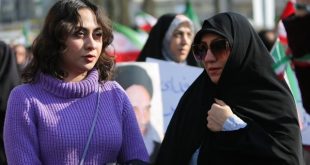In 1992, Chávez led a failed coup attempt against then-President Carlos Andrés Pérez. After serving two years in prison, he was pardoned and began building a political movement. In 1998, Chávez was elected President of Venezuela on a platform of anti-corruption, social reform, and opposition to neoliberal economic policies. Chávez launched what he called the Bolivarian Revolution, which aimed to reduce poverty, redistribute wealth, and empower marginalized communities.
Oil was the backbone of Chávez’s policies. He used Venezuela’s vast petroleum reserves to fund social programs, reduce poverty, and strengthen his government’s influence. During the early 2000s, high oil prices fueled rapid economic growth. However, critics argue that Chávez made Venezuela heavily dependent on oil while neglecting other sectors of the economy—creating long-term instability.


